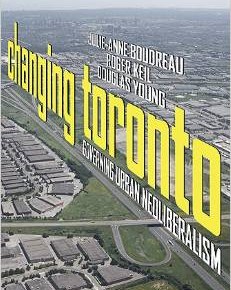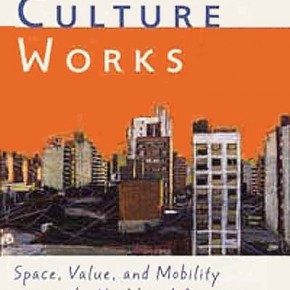
creative contradictions and tango tourism: a review of “Culture Works” by Arlene Dávila
Ten years ago Richard Florida, a regional planning professor then known mostly for comparative studies of industrial management, published The Rise of the Creative Class. His dual thesis — that “creative” sectors were at the forefront of developed-world economies, and that their cauldrons of innovation, economic relations, and human labor were organized by urban form —...

on the stroll: a book review of “The Chitlin’ Circuit and the Road to Rock ‘n’ Roll” by Preston Lauterbach
Cities shape music, we know, but how does music shape cities? To be specific, how can a DIY music industry heat up urban economies, enliven public spaces, foster local idioms and local traditions of artistic practice, and even create jobs? This question suggests the policy criteria adopted by creative-city analysts, as well as the legacy...
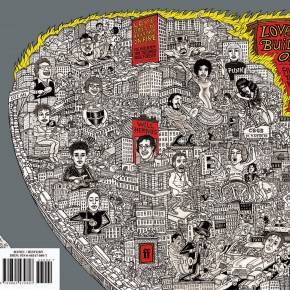
the five-year plan: a review of “Love Goes to Buildings on Fire” by Will Hermes
New York music doesn’t lack for good books. Nor does the history of 1970s New York. The intersection of these two subjects has been so worked over in the past ten years, it would seem any worthwhile new title would have to move on to fresher fields. So it’s utterly remarkable how Will Hermes’ book Love...
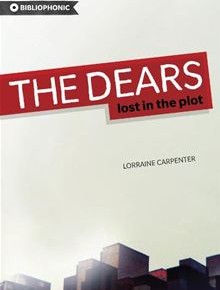
what’s local? a review of “The Dears: Lost in the Plot” by Lorraine Carpenter
Does it diminish a musician’s accomplishments to view them through his or her place of origin? Does the prism of the “hometown” assign the stigma of parochialism or, worse, artistic failure, implying that the musician never got out of the minor leagues, or never wanted to? Consider how we don’t find it fundamentally necessary to...
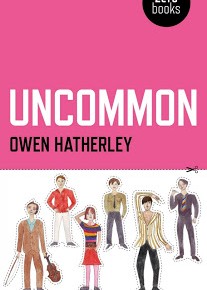
the end of the line in Sheffield: Sex City? a review of “Uncommon: An Essay on Pulp” by Owen Hatherley
With the horribly regressive debt-ceiling legislation passed by the U.S. Congress today, the West took yet another step toward making the neoliberal dream — gutting social programs, enshrining the market as the means and end of social well-being, idealizing upward mobility and the consumer good life, and leaving the lower classes to their own fate...
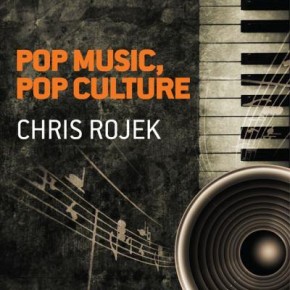
listening alone, together: a review of “Pop Music, Pop Culture” by Chris Rojek
British sociologist Chris Rojek has just published a major work in the social analysis of pop music. To say its argument isn’t completely satisfying doesn’t belittle the remarkable accomplishment of Pop Music, Pop Culture (Polity, 2011), which covers the gamut of musical production, content, and reception from the pre-historic oral tradition to today’s P2P networks. Most distinctively, Pop...

